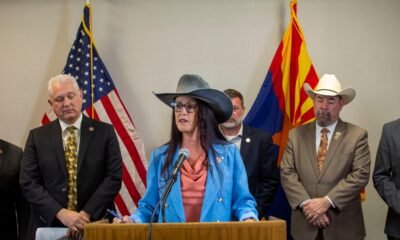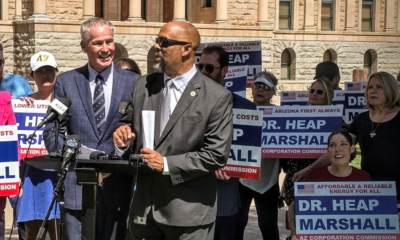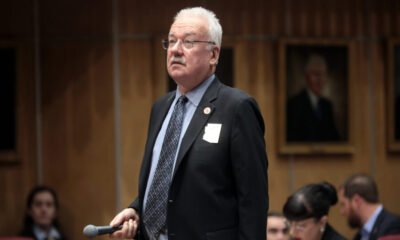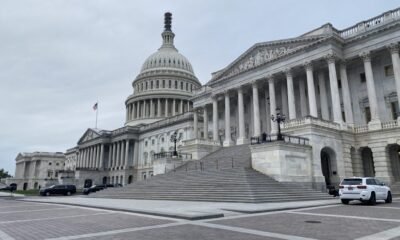arizona
Arizona Lawmakers Challenge GOP Motives in School Funding Showdown During Budget Talks
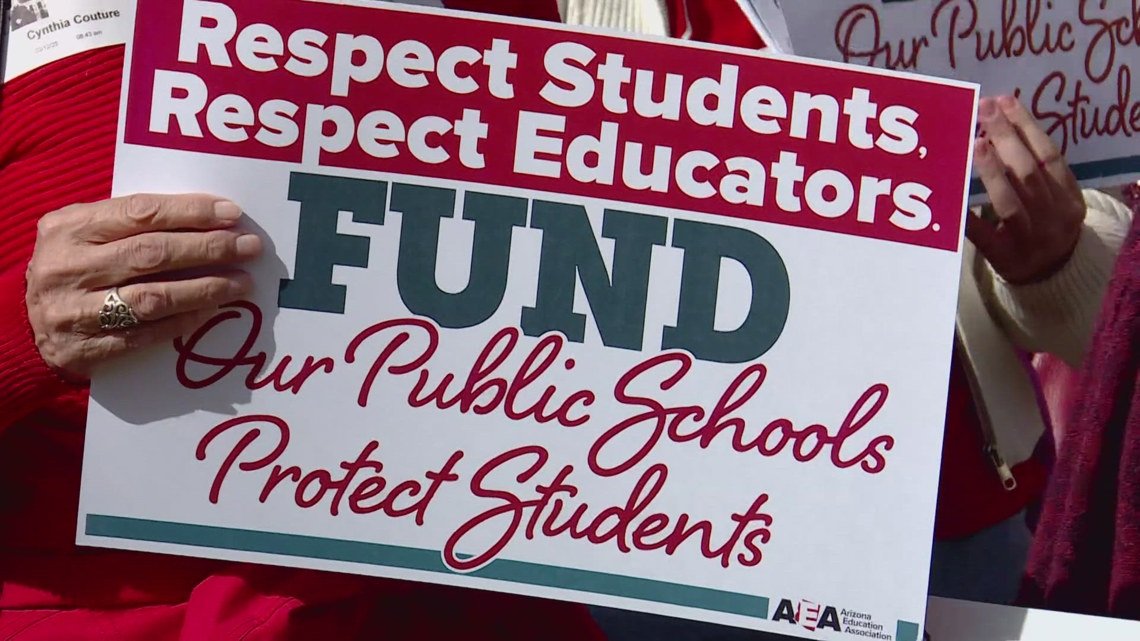
PHOENIX — Arizona lawmakers are addressing critical issues as the legislative session approaches its end. Key discussions focus on school funding and a contentious bill regarding the Arizona Diamondbacks’ stadium renovations.
Lawmakers have advanced a renewal of Prop 123 through a Republican-controlled House committee. Prop 123, initially approved by voters in 2015, allocates approximately $350 million annually to K-12 public and charter schools. There are concerns that the current proposal may serve as a vehicle for amendments that could safeguard school vouchers and ease regulations on charter schools.
The House Appropriations Committee approved HCR 2031, allowing voters to consider extending Prop 123 with stipulated teacher raises in November 2026. Meanwhile, HCR 2038 would establish a fund for these raises overseen by the state Department of Education. Notably, the legislature can advance these measures without the governor’s endorsement.
Democratic Governor Katie Hobbs and advocates for public education argue that the funding should benefit all school employees. During discussions, concerns were raised about potential amendments that might include deregulating charter schools or incorporating Education Savings Accounts (ESAs) into the Constitution.
In other legislative developments, a long-stalled bill facilitating renovations at Chase Field is gaining momentum. HB 2704 could head to the Senate floor for amendments shortly. The bill diverts a significant tax-revenue stream from both the City of Phoenix and the state, a move criticized by Mayor Kate Gallego as a “billion-dollar boondoggle.”
Diamondbacks’ CEO Derrick Hall maintains that the team would retain sales tax revenue from stadium operations. Critics, like Democratic Senator Mitzi Epstein, are wary of the implications, noting the lack of public input during possible amendments. Robocalls and emails have targeted voters in Epstein’s district, urging support for the bill.
Additionally, the final component of the $17.5 billion state budget has progressed through the Senate with few objections. This budget, involving 16 bills, is expected to proceed for a full Senate vote imminently, aiming for passage before the new fiscal year begins on July 1.
